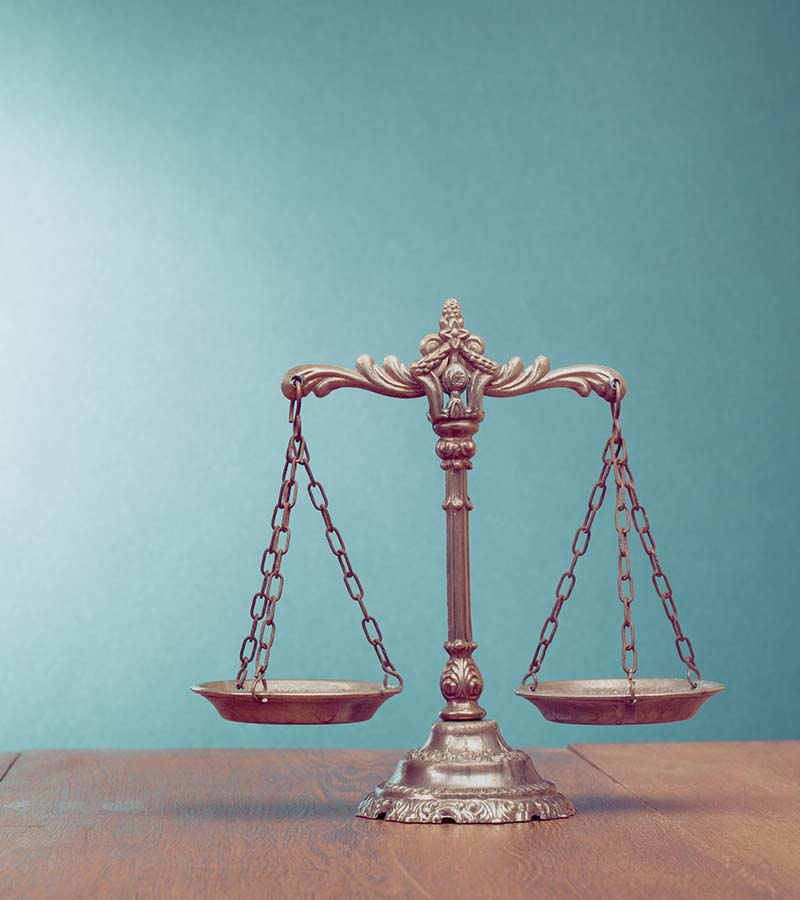Free Case Evaluation
Fill Out The Form Below To Find Out If You Have A Case.
Thank you for contacting us. One of our colleagues will get back to you shortly.
Two common alternatives to conventional litigation are mediation and arbitration. Both are forms of alternative dispute resolution (ADR), and both can be used in conjunction with litigation. The distinction between the two is simple: A mediator (most often a former judge) helps people reach an agreement, while an arbitrator issues a binding ruling. Generally, personal injury law suits are resolved in court. At the appropriate time in litigation, it may be advisable and to the benefit of both parties to submit the dispute to a mediation.
When is mediation a smart option?
During mediation, the parties agree to meet with a neutral third party. The mediator, who is professionally trained to resolve disputes, listens to the arguments made by both parties and directs his or her efforts to find common ground. Mediators may also offers suggestions as to how to best resolve a dispute. Mediators help achieve consensus by offering a neutral, unbiased evaluation of the situation — something that can help resolve even seemingly intractable disputes.
Because mediation is typically voluntary, the parties involved retain control over how the mediation is conducted. Instead of having courts determine when and where meetings are held, who is involved and other variables, the parties in a litigation or dispute can make these decisions. Mediations are often used in large lead poisoning and other very significant cases. The judge selected by both parties devotes his or her energies to obtain a mediated resolution short of a full blown jury trial. There are times that this may be deemed advisable for both parties given the stakes involved.
What about arbitration?
Arbitration, like mediation, is a form of ADR. The consent of both parties is required before arbitration proceedings can begin.
Arbitration hearings can be presided over by one arbitrator or a panel of arbitrators. How these arbitrators are selected is often determined by the terms outlined in the contract. During the process, the arbitrator may review evidence, listen to witness testimony and perform many of the functions of a judge. These activities are generally simplified and streamlined relative to a courtroom trial, however. There are various provisions which the parties
Once the hearing ends, the arbitrator will issue a ruling. This ruling will be binding and final, subject to agreements that provide for other avenues to appeal, depending on the form of arbitration chosen.
Benefits of arbitration include speed and the fact that proceedings are private rather than public. They are rarely utilized in personal injury actions but may be used in appropriate situations.

Verdicts & Settlements
- $8 Million for Pedestrian Knockdown Case
- $3 Million for Lead Poisoning Case
- $3 Million for Pedestrian Knockdown Case
- 2.6 Million for Lead Poisoning Case
- 2.2 Million for Lead Poisoning Case
- 2 Million for Lead Poisoning Case
- 1.875 Million for Defective Product Case
- 1.5 Million for Lead Poisoning Case
CLIENT TESTIMONIAL
Frankel Law Firm was extremely professional. They were very helpful with every step of the process, always reachable to answer questions and give excellent advice. They were a pleasure to work with!